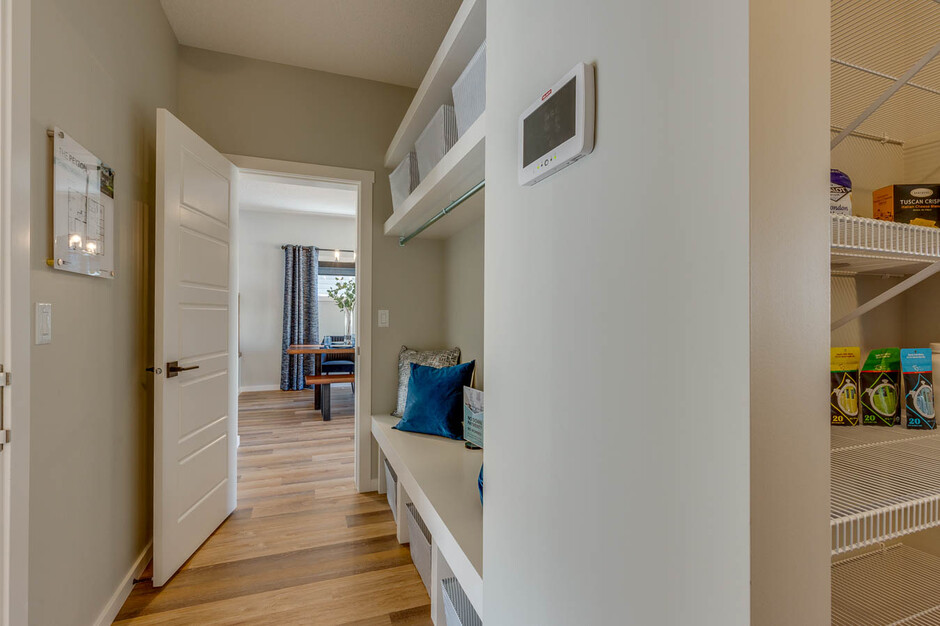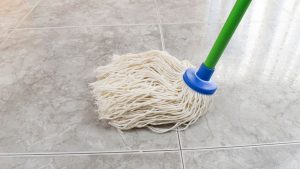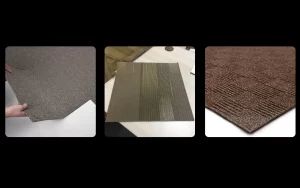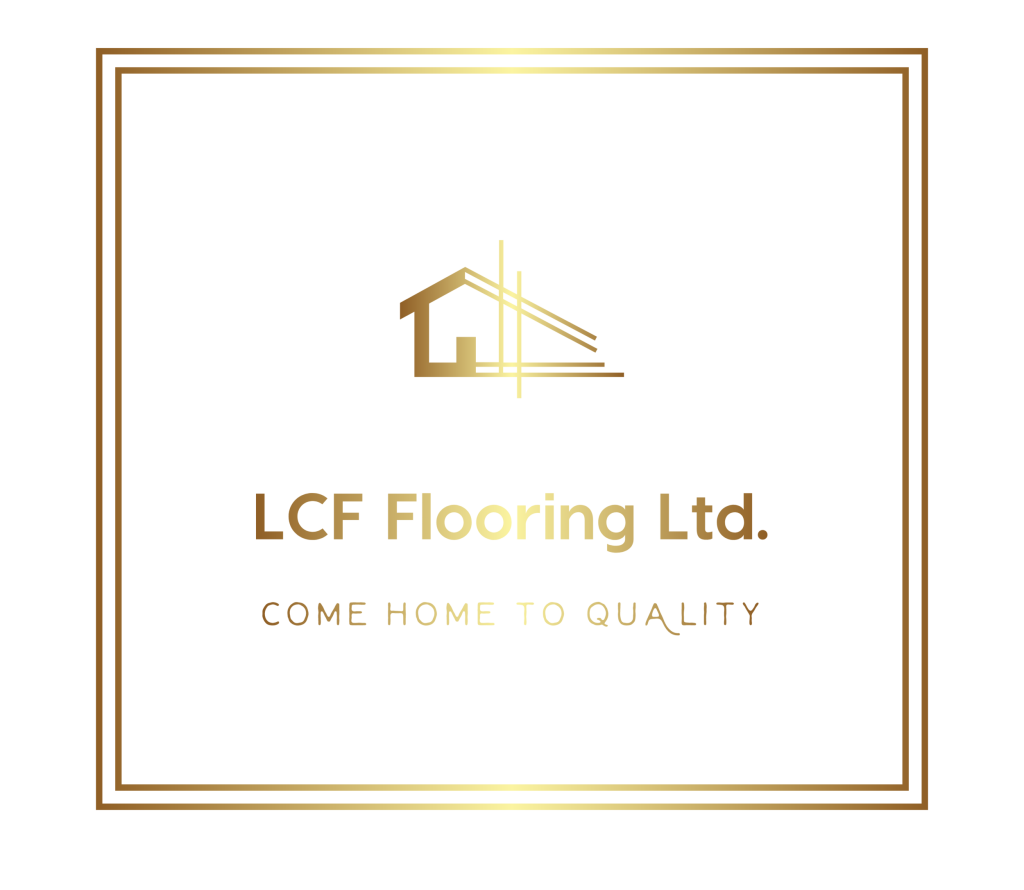Basements are no longer dark, unused spaces. In modern home design, basements are just as stunning, functional, and welcoming as the upper floors of your home. And today, we’re diving into the benefits of installing vinyl flooring in your basement.
After reading this post, you’ll have all the information you need to make an informed decision about installing vinyl flooring in your basement and transforming your sub-level space into a beautiful, comfortable area.
We have a wide selection of vinyl flooring in our Edmonton showroom. If you’re looking for quality materials, a variety of colors and styles, and highly skilled installation, we’re your solution. LCF provides luxury vinyl flooring in Edmonton.
1. Vinyl flooring can be installed directly over concrete
When installing carpet or hardwood flooring in your basement, a plywood subfloor or moisture barrier is necessary, since neither flooring type holds up well in moist conditions.
However, with vinyl flooring, that isn’t necessary. You can install vinyl directly onto a concrete floor, making it faster, easier, and more cost effective. Plus, if you’re using vinyl planks to create a floating floor, you can easily swap out a plank if it’s damaged.
If you have questions about having vinyl flooring installed in your basement, contact us! Our installation team is experienced, detailed, and reliable. In addition, we carry the best vinyl flooring collections in Edmonton.
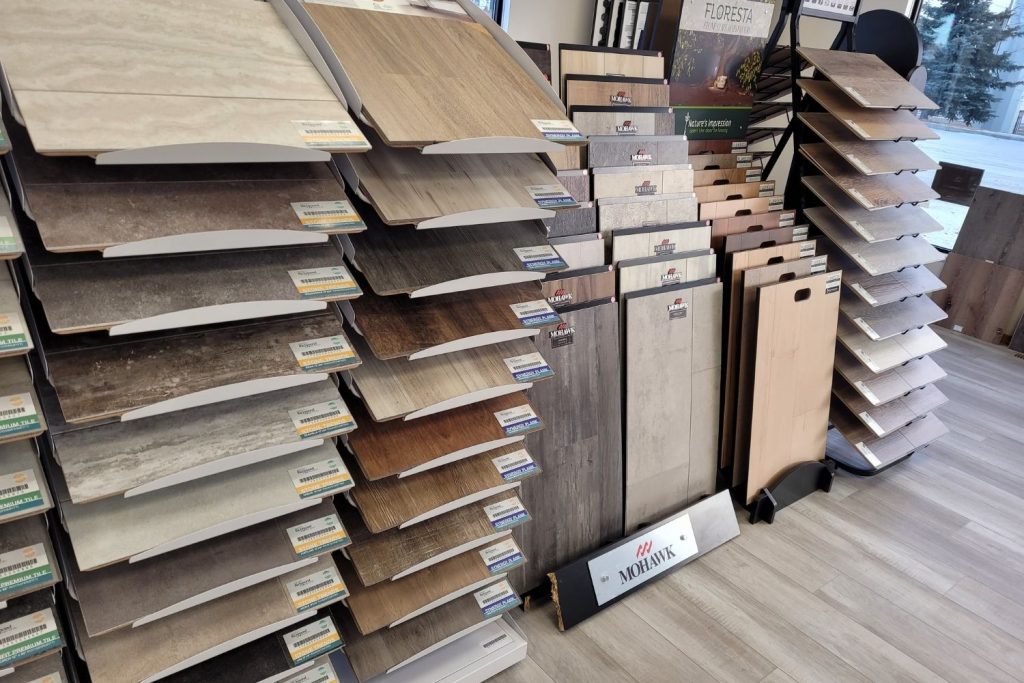
2. Vinyl flooring is water-resistant
There’s one thing all basements have in common, regardless of your region: they are exposed to more moisture than the main or upper floors. So when you’re searching for a new flooring type for your basement, you’ll want to consider an option that’s water-resistant.
And vinyl flooring is your perfect solution. Because it consists of synthetic materials (and not natural wood), it has high water resistance properties. And it won’t get damaged if exposed to regular moisture.
However, it’s important to note that vinyl flooring may get damaged if exposed to a large quantity of standing water for an extended period of time. So if your basement floods and it’s not cleaned quickly, it can result in damaged planks.
3. You can install vinyl flooring in your basement yourself
Vinyl planks are one of the most DIY-friendly flooring types. Because vinyl planks can be installed as a floating floor, they don’t require grout (like tile) or nails (like hardwood). You simply click the planks together and make the necessary cuts to fit the flooring surface.
Here are a few tips to get you started:
- Make sure you fill cracks in your floor with a concrete patcher.
- Carefully remove baseboards and trim
- Plan out your initial row and work from the center of the wall, so you’re end pieces are cut the same size
- Cut your planks to fit around corners or door frames using a utility knife
Also, make sure you thoroughly vacuum your basement floor before installing your vinyl planks.
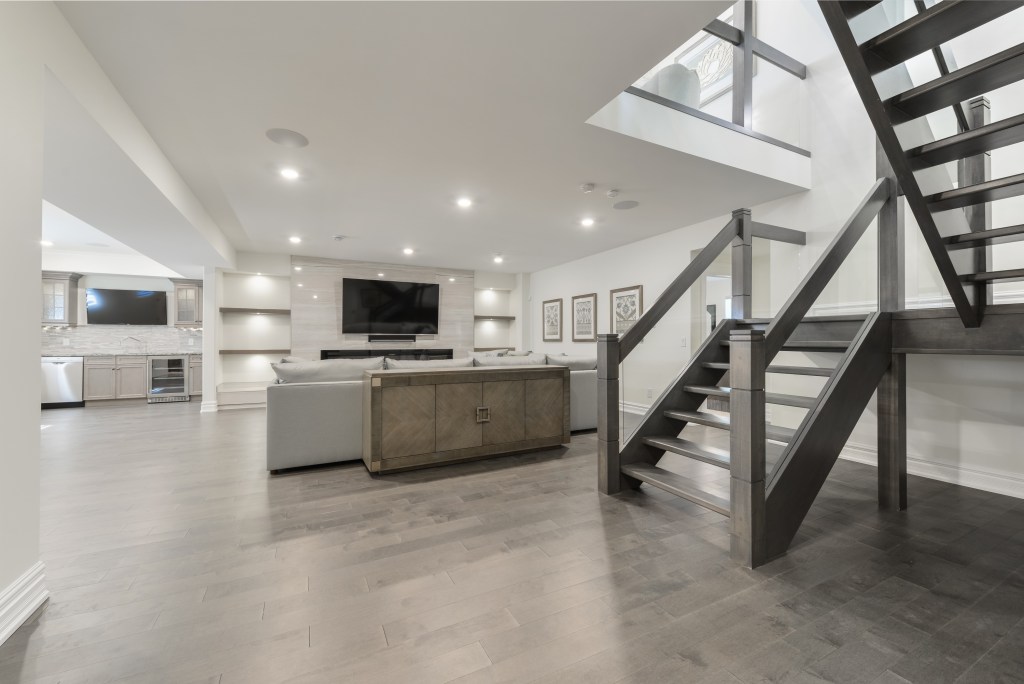
4. Vinyl flooring is softer and warmer than tile
Tile flooring is classic, durable, and great for any location that experiences high moisture or humidity. However, one of the biggest downsides of tile is that it’s hard and cold. And with your basement already experiencing cooler temperatures, tile isn’t an ideal surface.
Vinyl flooring has similar qualities as tile, including durability, water resistance, and low maintenance. But it’s warmer and softer. In addition, you can also find vinyl that looks like tile (such as our Rome Series). So you can maintain the classic, luxurious appearance of tile, while enjoying the benefits of vinyl.
5. It’s extremely durable
Luxury vinyl is often as thick as hardwood flooring (8mm). And because it’s composed of several laminated layers with a protective top coat, it’s extremely durable and designed to withstand heavy foot traffic.
In addition, vinyl flooring is also scratch resistant, making it the perfect choice for homeowners with young children and pets.
And even better, our collection of vinyl flooring has low VOCs, so you can enjoy all the benefits of your new basement floor while improving your eco-footprint! To learn more about our Green Initiative, click here.
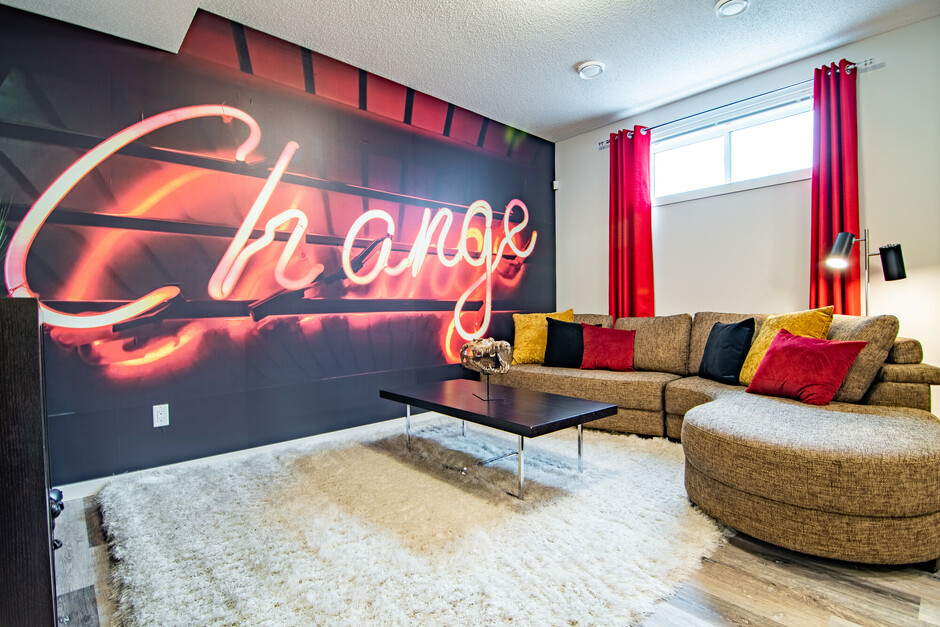
6. Vinyl is cost effective
Vinyl flooring is one of the most cost effective flooring types on the market. Not only is the material itself more budget friendly, but it also costs less to install (especially if you install it yourself), and it lasts a long time. In addition, it’s also very easy to maintain.
On average, vinyl flooring costs anywhere between $2-8 per square foot, depending on the quality and style. If you’re also requiring installation, the price per square foot will increase.
At LCF, we offer affordable financing plans, so you can get the floor you want without having to break your budget.
Ready to install vinyl flooring in your basement?
If you’re ready to remodel your basement flooring, we can help! Our vast collection of vinyl flooring comes in a range of colors, styles, and installation requirements. To schedule your FREE consultation, contact us! We’ll happily answer any questions you may have.
And don’t forget to follow us on Facebook and Instagram, so you never miss an update!

